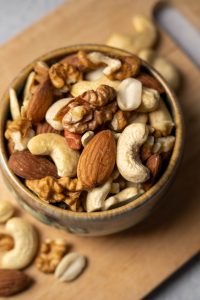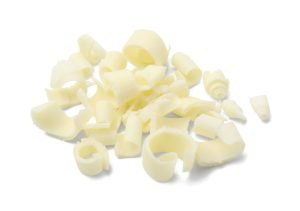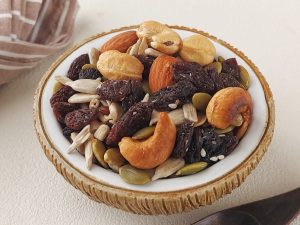
In the world of tropical fruits, pineapple and coconut stand out not only for their unique flavors and textures but also for their versatile uses in cuisine and their rich nutritional profiles. While both fruits conjure images of sandy beaches and sunny skies, they offer distinct health benefits and culinary applications. This article delves into the differences and similarities between pineapple and coconut, exploring their nutritional values, health benefits, culinary uses, and cultural significance.
Nutritional Profiles
Pineapple
Pineapple is a tropical fruit known for its vibrant flavor and juiciness. It is particularly rich in vitamin C, providing over 130% of the daily recommended intake in just one cup. Pineapples are also a good source of manganese, a mineral important for metabolism, growth, and antioxidant defenses. Additionally, they contain a unique enzyme called bromelain, which has anti-inflammatory properties and can aid digestion.
Nutritional highlights per cup (165 grams):
- Calories: 82.5
- Carbohydrates: 21.6 grams
- Fiber: 2.3 grams
- Sugars: 16 grams
- Vitamin C: 78.9 milligrams
- Manganese: 1.5 milligrams
Coconut
Coconut, unlike many other fruits, is notable for its high fat content, particularly saturated fat. It provides a variety of products, including coconut water, milk, oil, and the meat itself, each with distinct nutritional profiles. The meat of the coconut is high in calories due to its fat content but is also rich in fiber and minerals such as manganese, copper, and selenium.
Nutritional highlights per cup (shredded, 80 grams):
- Calories: 283
- Fat: 26.8 grams
- Carbohydrates: 12.2 grams
- Fiber: 7.2 grams
- Manganese: 1.1 milligrams
- Copper: 0.4 milligrams
Health Benefits
Pineapple
- Digestive Health: The bromelain enzyme in pineapple helps break down protein molecules, making it easier to digest food. It is particularly beneficial in treating indigestion and reducing inflammation in the gut.
- Anti-inflammatory Properties: Bromelain is also studied for its potential in reducing inflammation, swelling, and pain, especially in the nose and sinuses, after surgery or injury.
- Immune Support: The high vitamin C content boosts the immune system, helping prevent infections and promoting quick recovery from illnesses.
Coconut
- Heart Health: Despite its high saturated fat content, some studies suggest that coconut fat might help raise HDL (good) cholesterol levels, potentially leading to a lower risk of heart disease.
- Hydration: Coconut water is a great hydration alternative to sugary sports drinks, providing electrolytes such as potassium, magnesium, and sodium with less sugar and fewer calories.
- Weight Management: Coconut’s high fiber content can help feel fuller for longer periods, which might aid in weight management by reducing overall calorie intake.
Culinary Uses
Pineapple
Pineapple’s sweet and tangy flavor makes it a popular choice in both sweet and savory dishes. It can be eaten fresh, juiced, or used in smoothies, desserts, and salads. Pineapple is a key ingredient in tropical dishes like Hawaiian pizza and piña coladas. It also pairs well with meats, enhancing flavors in dishes like teriyaki chicken and sweet and sour pork.
Coconut
Coconut is incredibly versatile in cooking and baking. Coconut milk and cream are commonly used in Southeast Asian curries and soups to add richness and flavor. Shredded coconut is a popular topping for cakes, while coconut oil is used for cooking and baking. Coconut water serves as a refreshing drink, and the meat can be eaten fresh or dried as a snack.
Cultural Significance
Pineapple
Pineapple has a long history of being associated with hospitality and welcome. This tradition began with the indigenous peoples of the Americas and continued into colonial times, where the fruit was often displayed at gatherings to symbolize warmth and generosity.
Coconut
In many tropical cultures, coconut is considered a “tree of life” because it provides a wide range of materials needed for life, including food, drink, fiber, and shelter. In places like the Philippines and the Maldives, coconut is integral to the economy and daily living.
Conclusion
Pineapple and coconut are more than just sweet treats from the tropics. Each fruit offers significant health benefits and culinary versatility. Whether you’re looking to enhance a dish with the sweet and tart flavor of pineapple or add richness with coconut, both fruits provide substantial nutritional benefits and cultural depth to a variety of dishes. While they are distinctly different in taste and texture, pineapple and coconut both have their unique places in the kitchen and in natural medicine, making them beloved by many around the world.




